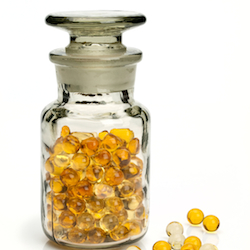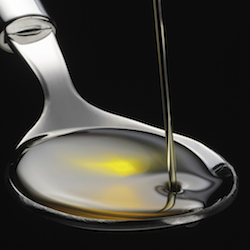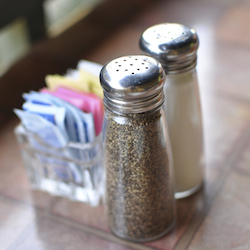News
Income and Education Linked to Non Use of CAM Therapies
New Dog Breed is Oncologist’s New Best Friend
By Kimberly Lord Stewart A new breed of dog, which is loyal and highly trainable with a keen sense of smell, may be the next tool for early cancer detection. The Russian airline Aeroflot and an R&D group have patented the Sulimov dog breed for airport security purposes but realizeRead
Hostility Toward and No Incentives For Personalized Medicine
OP/ED by Kimberly Lord Stewart. I received a press release on a social media survey of 2,000 doctor’s opinions on Mehmet Oz, MD, from a social media polling company called SERMO. Even for social media, I was struck by the level hostility from Oz’s highly educated peers. Quack and aRead
Top Ten Articles for March & April 2015
Spring is a good time to get caught up. To help you keep up on your professional reading, we’ve collected the most popular articles for the past 60 days. You’ll notice a trend. Healthy eating for cognitive health and acid-load balance diets are the topics of choice for our readers.Read
Vitamin D RDA Too Low, by Ten Fold
A calculation error may have skewed the vitamin D recommendations by the National Academy of Sciences (NAS), Institute of Medicine (IOM). They are far too low, by a factor of ten, say researchers at UC San Diego and Creighton University. Researchers submitted a letter of challenge, published in the journalRead
Wearable Devices, Accurate Measure of Physical Activity
While disagreement remains about how to motivate people to exercise, smartphone apps have become a useful tool to track progress and activity. Nearly two-thirds of adults in the United States own a smartphone and technology advancements have enabled these devices to track health behaviors such as physical activity and provideRead
Mechanism for Calorie Restriction Discovered
A new study led by Harvard School of Public Health (HSPH) researchers identifies a key molecular mechanism behind the health benefits of dietary restriction, or reduced food intake without malnutrition. Also known as calorie restriction, dietary restriction is best known for its ability to slow aging in laboratory animals. TheRead
Adult Food Allergies Linked to Prenatal BPA Exposure
If it seems like more of your patients are allergic to, or intolerant of, more and different kinds of foods than ever before, there might be a reason why. A new research published in November 2014 issue of The FASEB Journal, scientists show, for the first time, that there is a link between perinatal exposure to Bisphenol A (BPA) at low doses and the risk to develop food intolerance in later life. By Sadrine Menard et al, The FASEB Journal, November 2014.
Extra-Virgin Olive Oil Polyphenols Improve HDL
Olive oil polyphenols are know for beneficial properties that reduce cardiovascular risk factors. Consumption is a cornerstone of the Mediterranean diet for its ability to produce health high-density lipoprotein profiles (HDL). However, data on polyphenol effects of HDL quality are scarce. This study assessed whether polyphenol-rich olive oil consumption could enhance the HDL main function, its cholesterol efflux capacity, and some of its quality-related properties, such HDL polyphenol content, size, and composition. The results once again show extra-virgin olive oil’s capacity for improved health. This article also give you some healthy advice from Today’s Practitioner editor as to how to tell your patients to buy good quality extra-virgin olive oil. By Alvaro Hernaez et al, published by the American Heart Association, Sept. 2014.
Link Between Artificial Sweeteners and Diabetes
Pink, yellow, or blue? Each of these non-caloric sweeteners may be contributing to the global epidemic of diabetes. The study published in Nature today (Sept. 17, 2014), shows the non-nutritive sweeteners, saccharin, sucralose and aspartame, could actually hasten the development of glucose intolerance and metabolic disease. The mechanism is surprising: these no-calorie sweeteners change the composition and function of gut microbiota. The researchers found the results so compelling they went so far as to call for a reassessment of non-nutritive sweeteners. By Eran Segal, Eran Elinav, published in Nature, Sept. 17, 2014.











